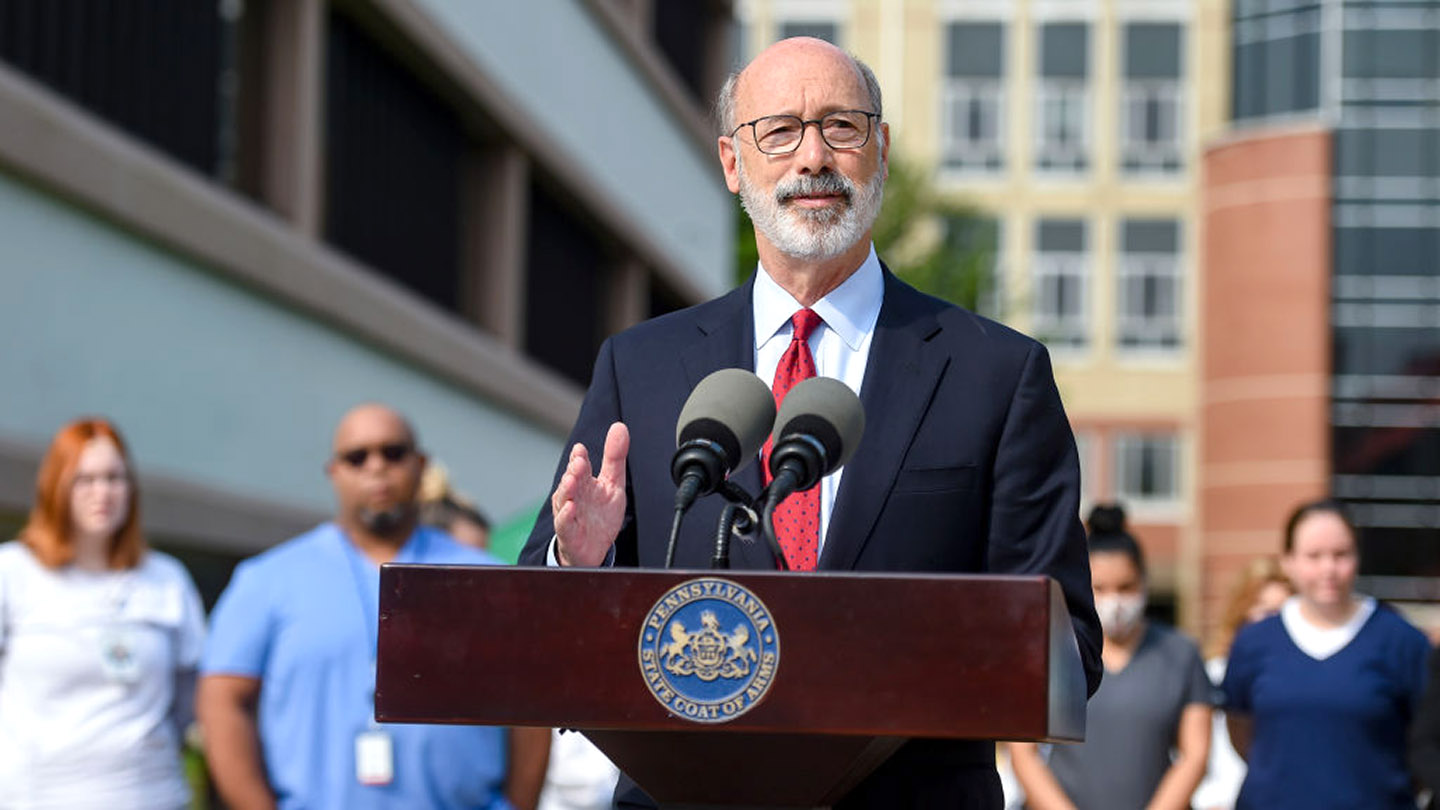Pennsylvania Gov. Tom Wolf, according to a Post-Gazette headline, is vowing an “aggressive push to establish a hydrogen and carbon storage hub in the region.”
Carbon storage, also known as “carbon sequestration,” is viewed by some environmentalists as one way to help counter “climate change.”
As the P-G story notes, energy companies such as Shell and EQT, “have been making the pitch for a public-private partnership to advance this goal,” along with efforts to use natural gas to make hydrogen fuel.
The latter would require the former, it is reported, to store the carbon dioxide byproduct.
Now, any time we see the phrase “public-private partnership,” we tend to re-tighten our purse strings. If such proposed projects are so ready to yet again turn taxpayers into venture capitalists – and with the concurrent socialized risks and privatized profits – perhaps, just perhaps, there needs to be another look-see, so to speak.
Early this month, Nicolas Kusnetz, writing in Inside Climate News, did just that. And what he reported is not encouraging for the carbon sequestration crowd – “carbon capture and removal remain extremely expensive and energy-intensive.”
“The technology generally requires large amounts of power, heat or both, so scaling it would consume vast quantities of energy and money.”
Oh, there is that, eh?
Additionally, “Large-scale carbon capture would require pipeline networks that would rival the scale of existing oil pipelines. They would come with their own set of safety risks associated with leaks and ruptures—in large volumes, carbon dioxide is an asphyxiant,” he notes.
And then we get to what we like to call another one of those “nub of the rub moments”:
“Carbon capture has failed to catch on commercially—there are only a few dozen plants operating globally, most of them in the United States,” Kusnetz writes. “But both supporters and critics say that might be changing, thanks largely to government support.”
A-ha. Allow us to translate:
“Failed to catch on commercially” is a market signal that carbon sequestration is not cost-effective. Not only that, but it appears to create a whole new set of environmental issues.
But, have no fear, “government support” will ride to the altruistic rescue and make a cost-ineffective “solution” not only cost-effective but environmentally sound.
Right.
Oh, and do recall, as Kusnetz does, that “A December report by the Government Accountability Office said the Department of Energy gave nearly $684 million to six coal plants for carbon capture projects from 2010 through 2017, but that only one of those projects was built and it ceased operations in 2020, citing high costs.”
And now there’s talk of spending billions and billions more on similar efforts?
Heck, even some of the most wide- and wild-eyed ecocrats are having trouble with this dubious public policy.
Yet Gov. Wolf is committed to plowing ahead — never mind that it is abundantly clear that the better option is to leave the carbon sequestration field fallow.
Colin McNickle is communications and marketing director at the Allegheny Institute for Public Policy (cmcnickle@alleghenyinstitute.org).



